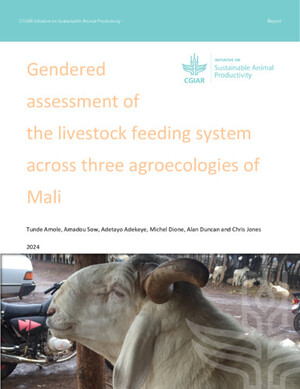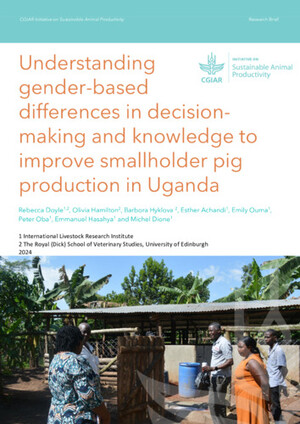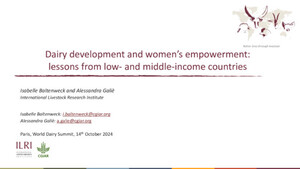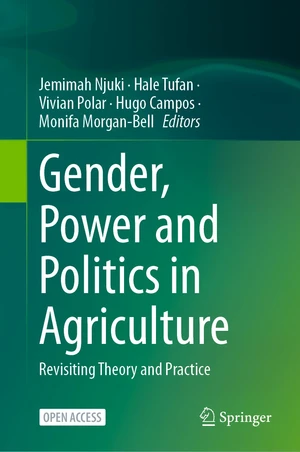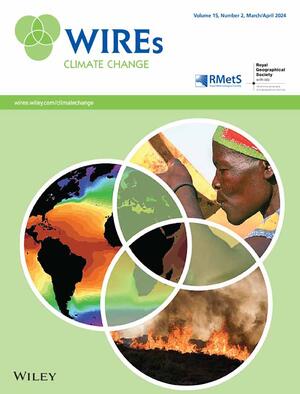
Social equity implications of intensification and commercialization in East African livestock systems: Implications for low-emission development
Abstract
Low-emission development (LED) is becoming an increasingly important reference point for guiding and evaluating agricultural interventions. In the dairy sector, LED effectively is pursued through standard intensification practices, which reduce greenhouse gas (GHG) emission intensities. However, with focus on technical practices and outcomes, little attention is being paid to the social distribution of burdens and benefits. This working paper reviews literature on the relationship between agricultural intensification and gender equity outcomes in Kenya and Ethiopia’s dairy systems. Findings indicate that intensification and related commercialization often increase women’s labor burden in households and women’s disenfranchisement from economic opportunities. If LED interventions based on intensified dairy want to avoid creating perverse effects, they need to anticipate and measure social equity, as well as develop social interventions to accompany the technical interventions.
Citation
Crane TA, Bullock R, Gichuki L. 2020. Social equity implications of intensification and commercialization in East African livestock systems: Implications for low-emission development. CCAFS Working Paper 327. Wageningen, the Netherlands: CGIAR Research Program on Climate Change, Agriculture and Food Security (CCAFS).





